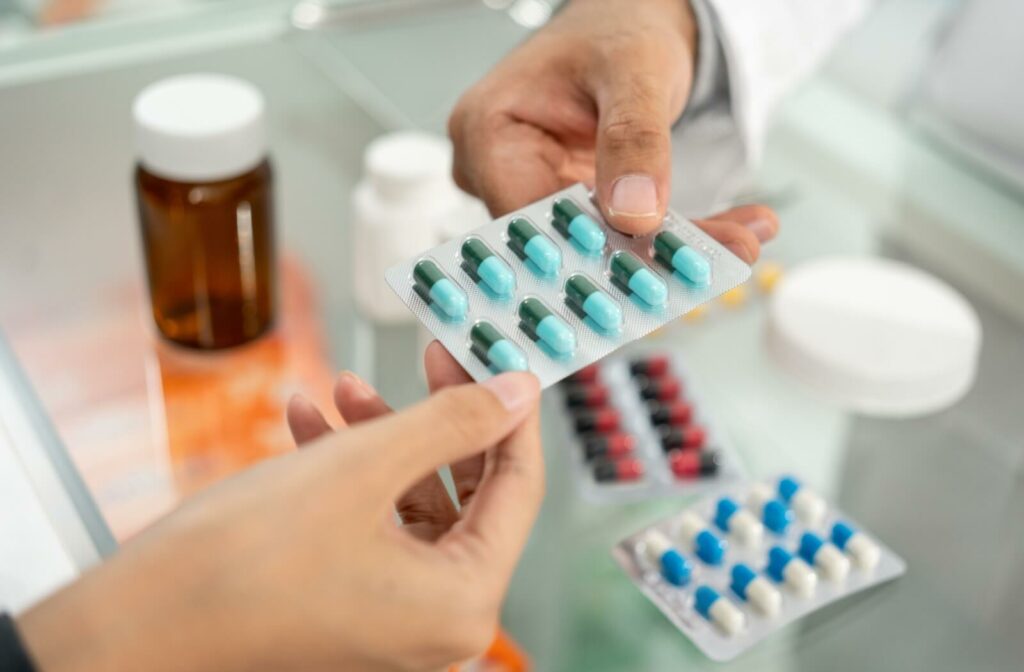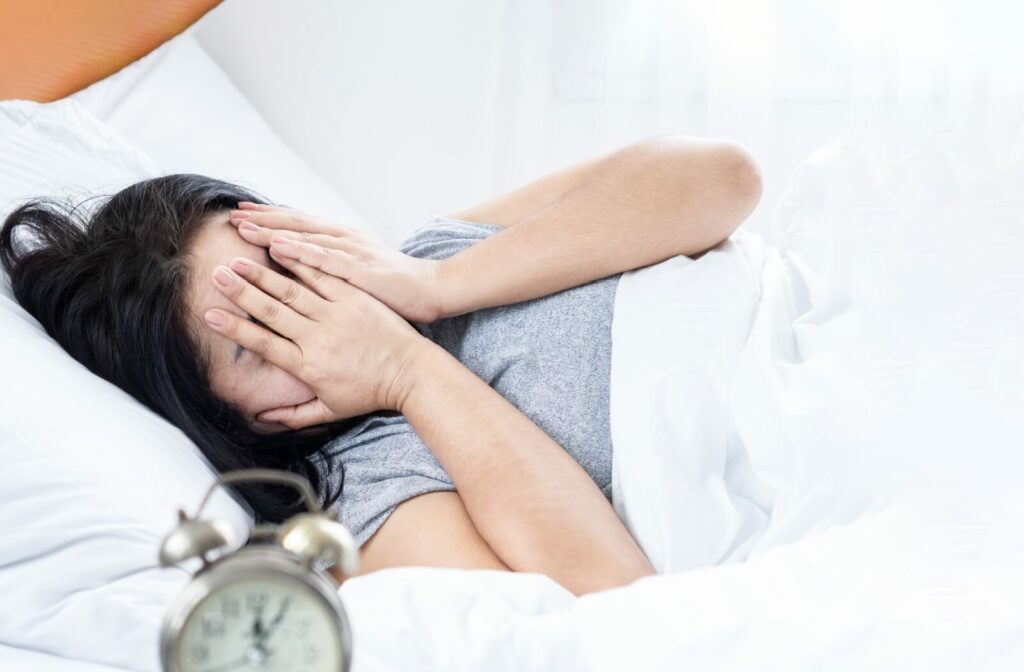Waking up to a new day should be refreshing, but for many people, it starts with an uncomfortable problem—dry eyes. If you’re frequently waking up with dry eyes, you’re not alone. This common eye condition can disrupt your morning routine and affect your overall eye health and comfort throughout the day. Let’s explore the potential causes of waking up with dry eyes and effective treatments to alleviate this issue.
Understanding Dry Eyes
Dry eye syndrome occurs when your eyes do not produce enough tears, or when the tears evaporate too quickly, leading to discomfort and potential vision issues. Tears are essential for maintaining the health of the eye surface and play a crucial role in providing clear vision by keeping the eyes lubricated and free from dust and other irritants.
The tear film consists of three layers: an oily layer that prevents evaporation, a watery layer that nourishes and protects the eye, and a mucous layer that helps spread the tear film evenly across the surface of the eye. Without adequate lubrication, these layers can be compromised, causing the eyes to become inflamed and irritated. This can lead to a variety of symptoms such as redness, itching, a gritty sensation, and the uncomfortable feeling that something is in your eye.
In some cases, dry eye syndrome can also cause blurred vision and increased sensitivity to light, significantly impacting daily activities.
Causes of Dry Eyes in the Morning
1. Sleep Environment
One of the most common causes of morning dry eyes is the environment in which you sleep. Low humidity levels in your bedroom can lead to tear evaporation during the night. Additionally, sleeping with a fan or air conditioning on can further dry out your eyes.
2. Nocturnal Lagophthalmos
This condition occurs when your eyelids don’t close completely during sleep, which allows air to dry out the eyes. Many people with nocturnal lagophthalmos are unaware they have it because it occurs while they are asleep.
3. Contact Lenses
Wearing contact lenses, especially overnight, can contribute to dry eyes. Contacts can hinder the natural tear film, leading to irritation. Sleeping with contacts that aren’t designed for overnight use can exacerbate dryness.
4. Medications
Certain medications, such as antihistamines, decongestants, and some antidepressants, can reduce tear production and lead to dry eyes. If you notice increased dryness after starting a new medication, speak with your healthcare provider about alternative options.
5. Aging and Hormonal Changes
Aging naturally diminishes tear production, and hormonal changes, particularly in postmenopausal women, can increase the risk of dry eyes.
Treatments for Morning Dry Eyes
1. Eye Drops
Lubricating eye drops, or artificial tears, can provide immediate relief by supplementing your natural tears. Use them as needed, especially before bed and upon waking, to keep your eyes moisturized. Frequent use of non preserved artificial tears throughout the day is highly recommended.
2. Humidifiers
Adding a humidifier to your bedroom can help maintain optimal humidity levels, preventing your eyes from drying out overnight. Aim for a humidity level of around 30-50% for the best results.
3. Eyelid Hygiene
Practicing good eyelid hygiene can help reduce inflammation and promote healthy tear production. Cleanse your eyelids daily with a warm, damp cloth or a gentle eyelid scrub. Alternatively your optometrist may recommend using certain eye lid wipes that help with inflammation and lubrication.

4. Prescription Medications
For chronic dry eye symptoms, your eye doctor may prescribe medications that help increase tear production or reduce inflammation in the tear ducts. Omega 3 supplements are also helpful in treating dry eyes.
5. Punctal Plugs
These tiny devices can be inserted into the tear ducts to block tear drainage, helping your eyes retain moisture. They are a minimally invasive option often considered when other treatments are ineffective.
6. Overnight Treatments
For those with nocturnal lagophthalmos, using a sleep mask or applying a thick, lubricating eye ointment before bed can provide additional protection against dryness.
When to Seek Professional Help
If you find that your dry eye symptoms persist despite trying these treatments, it may be time to consult with an eye care professional. Chronic dry eye can lead to more serious complications if left untreated, so it’s important to address the underlying cause.
At Eye on Evanston, we offer personalized dry eye therapy to help you find lasting relief. Our experienced team will work with you to identify the cause of your dry eyes and develop a treatment plan tailored to your needs.
Thinking About Booking Your Next Eye Appointment?
Waking up with dry eyes can be a frustrating experience, but understanding the causes and treatments available can help you manage this condition effectively. From adjusting your sleep environment to seeking professional treatment, there are several strategies you can employ to improve your eye comfort and start your day off right.
Ready to give your eyes the care they deserve? Contact Eye on Evanston today to book an appointment and discover how our professional eye care services can help you achieve optimal eye health. Book an appointment with us for more information.





